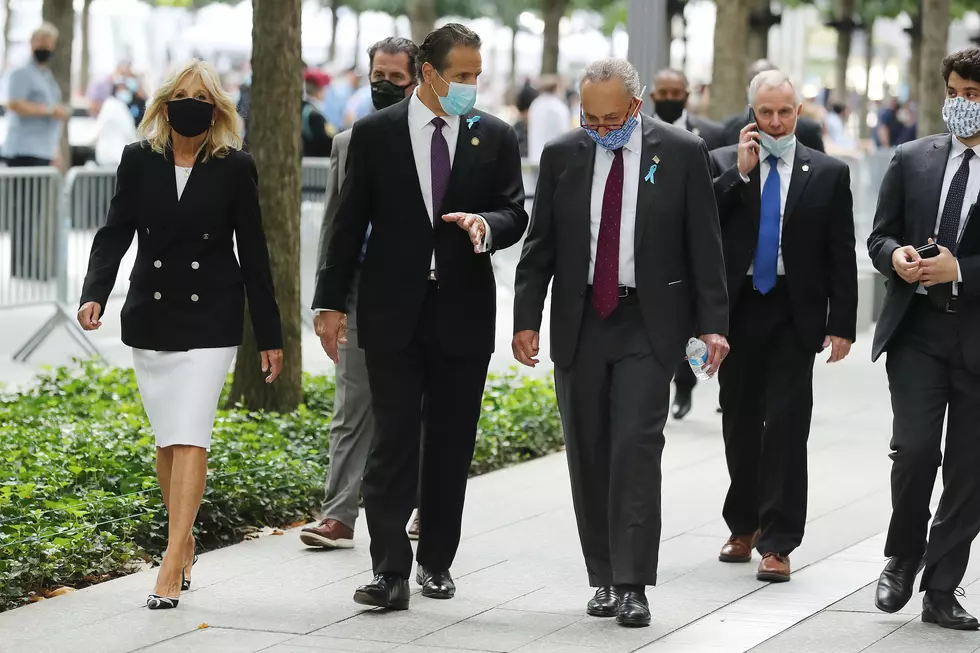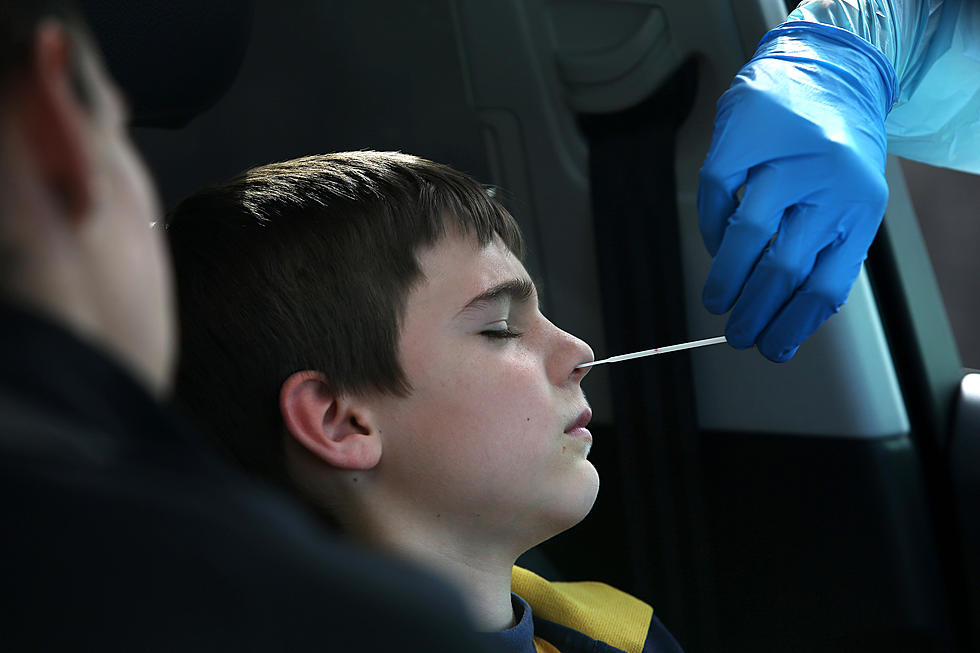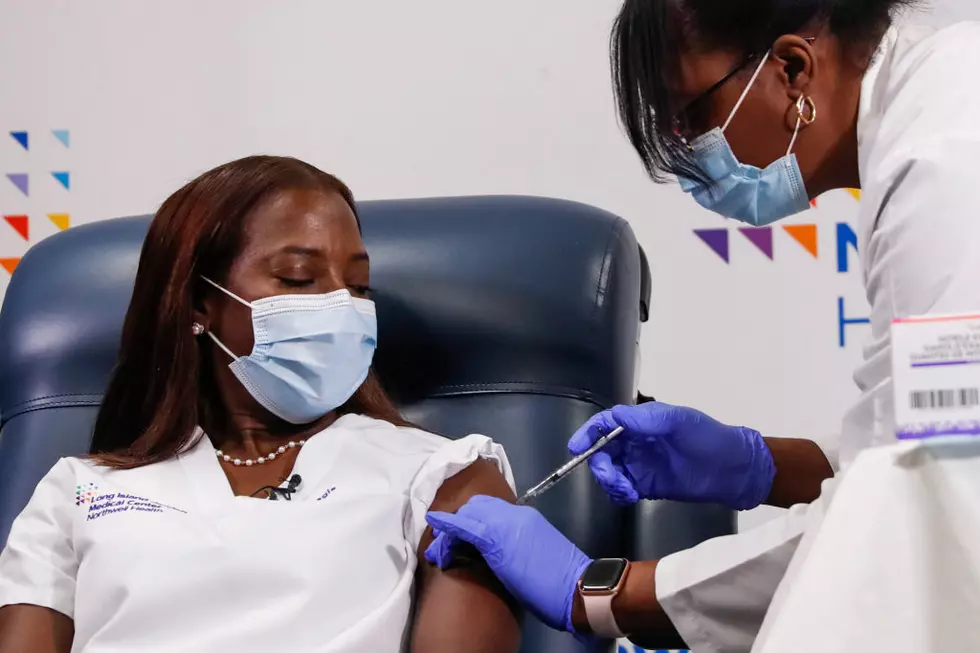
New York Lawmakers Strip Cuomo of Pandemic Powers
New York lawmakers have reached a deal to remove Gov. Cuomo's coronavirus-related emergency powers.

Tuesday night, Senate Majority Leader Andrea Stewart-Cousins and Assembly Speaker Carl Heastie announced the New York lawmakers will pass legislation repealing the temporary emergency powers that were granted to the governor last year at the start of the COVID-19 pandemic. The legislation will allow current directives pertaining to preserving public health to continue.
“I think everyone understands where we were back in March and where we are now. We certainly see the need for a quick response but also want to move toward a system of increased oversight, and review. The public deserves to have checks and balances. Our proposal would create a system with increased input while at the same time ensuring New Yorkers continue to be protected,” Stewart-Cousins said.
At the beginning of the COVID-19 pandemic, the New York State Legislature passed legislation to give the governor emergency powers to allow a nimble response as a global pandemic struck New York. These temporary emergency powers allowed the governor broader powers to issue executive orders, and are set to expire on April 30. The legislation introduced today will repeal the temporary emergency powers immediately while allowing executive actions critical to public health to remain, officials say.
“A year into the pandemic, and as New Yorkers receive the vaccine, the temporary emergency powers have served their purpose – it is time for them to be repealed,” Heastie stated. “These temporary emergency powers were granted as New York was devastated by a virus we knew nothing about. Now it is time for our government to return to regular order.”
Standing directives taken by executive action which manage the spread or reduction of COVID-19, facilitate the vaccination process or require use of face coverings, will remain in effect for an additional 30 days. While these can then be extended or modified, the governor will be required to notify relevant Senate and Assembly committee chairs as well as the temporary president of the Senate and the speaker of the Assembly with the need for the extension or modification, and the threat to public health and safety, and provide an opportunity to comment. The governor cannot extend actions beyond the first 30 days unless they explicitly relate to the COVID-19 pandemic.
Directives can be modified to revise the number of individuals, businesses or entities impacted by an executive order - for example individuals eligible for vaccination or seating capacity of a business. Directives will not be continuously modified or extended unless the governor has responded to comments provided by the chairs of relevant committees.
Where a local government in the state is exclusively impacted by an ongoing executive action, the local government leaders will also receive a notice and an opportunity to comment on the continuation or modification.
Fifteen days after the legislation goes into effect, all current suspensions and directives will be posted on the website of the governor in a searchable format, and include details on such suspensions and directives, including the public health and safety reasons any directives were extended or modified. Every 30 days after, the website will be updated to include responses to written comments or information requests from relevant committee chairs or municipal government entities.
Keep Reading:
Sneak Peek of Cuomo's $2.3 Million Lower Hudson Valley Home
19 Changes Gov. Cuomo Has Planned For New York This Year
More From Hudson Valley Post









